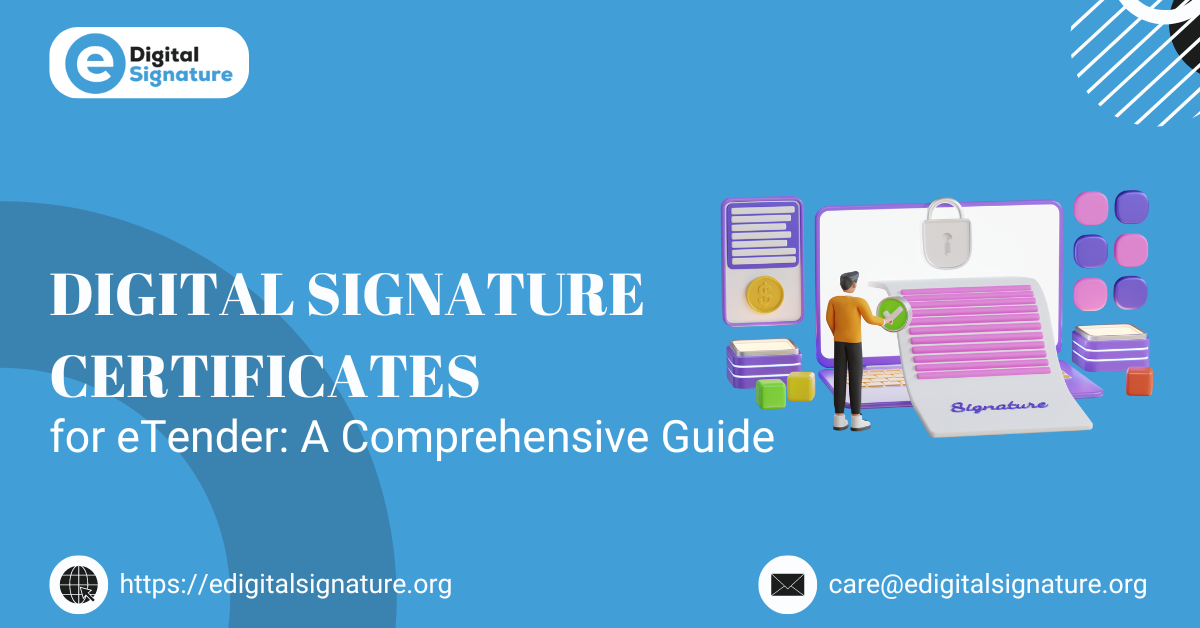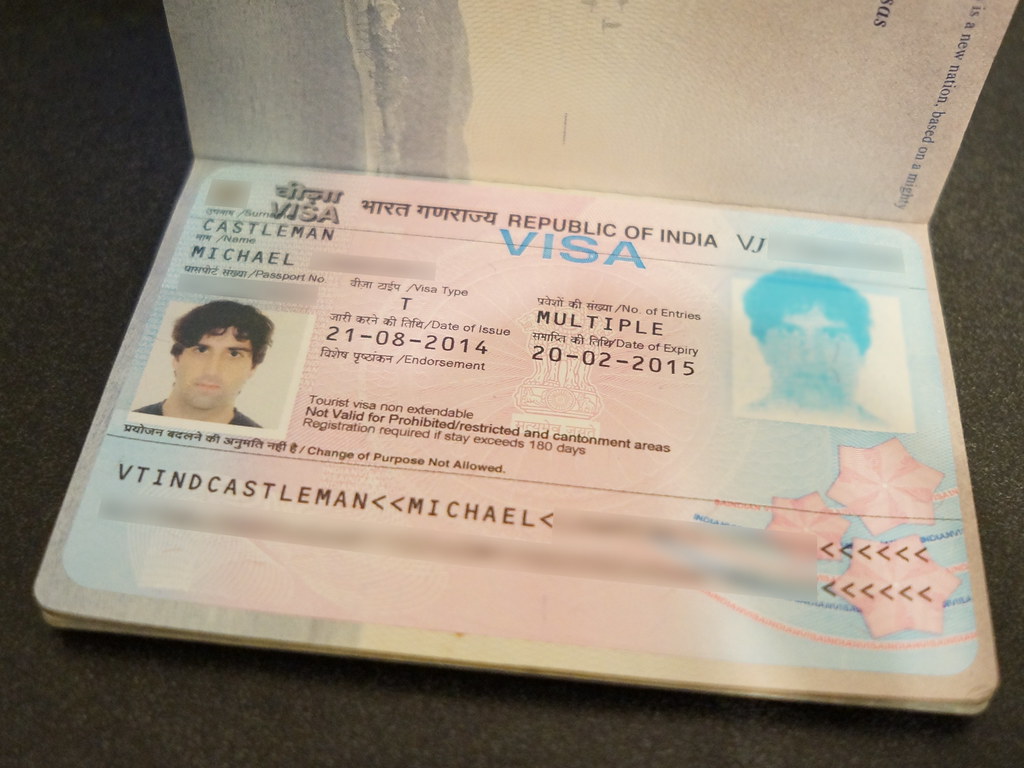
In the modern era, where digitization is transforming every aspect of our lives, the process of tendering has also evolved significantly. Traditional paper-based tendering has been largely replaced by electronic tendering, or eTendering, which offers numerous advantages such as efficiency, transparency, and cost savings. One of the critical components ensuring the security and authenticity of eTendering is the Digital Signature Certificate (DSC). This guide delves into the importance, process, and benefits of using DSCs in the eTendering process.
What is a Digital Signature Certificate (DSC)?
A Digital Signature Certificate (DSC) is an electronic form of a physical signature. It is used to sign electronic documents, emails, and other digital data, ensuring the authenticity and integrity of the content. DSCs are issued by Certifying Authorities (CAs) and serve as proof of identity for the holder. They are essential for various online transactions, including eTendering, e-filing of income tax returns, and more.
Importance of DSC in eTendering
In the realm of eTendering, DSCs play a pivotal role. They ensure that the tendering process is secure, transparent, and efficient. Here’s why DSCs are indispensable in eTendering:
Authentication: DSCs authenticate the identity of the bidder. This ensures that only legitimate and authorized individuals or entities can participate in the tendering process.
Integrity: When a document is signed with a DSC, any alteration or tampering after signing can be easily detected. This ensures that the integrity of the tender documents is maintained.
Non-repudiation: DSCs provide non-repudiation, meaning the signer cannot deny having signed the document. This is crucial for legal and compliance purposes.
Efficiency: Using DSCs speeds up the tendering process by eliminating the need for physical signatures and paperwork. It allows for quick submission and processing of tenders.
Cost-effective: eTendering with DSCs reduces the costs associated with printing, mailing, and storing physical documents.
Types of Digital Signature Certificates
There are different types of DSCs, each serving specific purposes:
Class 1 Certificate:
This certificate is issued to individuals and is used to verify the email ID and username of the individual. It is generally used for non-commercial purposes.
Class 2 Certificate:
This is issued to both individuals and organizations. It is used for filing income tax returns, GST returns, and other government forms. In eTendering, Class 2 DSCs are often used to authenticate the identity of the bidders.
Class 3 Certificate:
This is the highest level of DSC, providing the highest level of security. It is used in high-value transactions and eTendering. Both the applicant and the certifying authority need to be present in person for issuance. Class 3 DSCs are mandatory for participating in e-auctions and e-tendering.
Obtaining a Digital Signature Certificate
Obtaining a DSC involves a few straightforward steps:
Choose a Certifying Authority (CA): Select a licensed Certifying Authority from whom you want to obtain the DSC. The list of licensed CAs is available on the website of the Controller of Certifying Authorities (CCA).
Fill out the Application Form: Complete the application form available on the CA’s website. You need to provide details such as name, organization, address, and identity proof.
Submit Documents: Submit the required documents along with the application form. The documents usually include identity proof (such as Aadhaar card, PAN card, passport) and address proof.
Verification: The CA will verify your details. In the case of Class 3 DSC, you might need to appear in person for verification.
Payment: Pay the applicable fee for the DSC. The fee varies depending on the class of DSC and the certifying authority.
Download the DSC: Once your application is processed and approved, you will receive the DSC. It can be downloaded and installed on your computer.
Using a Digital Signature Certificate in eTendering
Using a DSC in eTendering involves the following steps:
Registration: Register on the eTendering portal using your DSC. This process includes creating a user ID and password linked to your DSC.
Preparation of Tender: Prepare your tender documents. Ensure that all required documents are digitized and ready for submission.
Signing the Tender: Sign the tender documents using your DSC. This can be done using specific software or directly on the eTendering portal, depending on the system in use.
Submission: Submit the signed tender documents electronically via the eTendering portal.
Tracking and Updates: Use your DSC to log in to the eTendering portal and track the status of your tender submission. You can also receive updates and notifications related to the tender.
Benefits of Using DSC in eTendering
The use of DSCs in eTendering offers several benefits:
Enhanced Security: DSCs provide robust security features, ensuring that the tendering process is safe from unauthorized access and tampering.
Legal Validity: Documents signed with a DSC are legally valid and enforceable, providing a strong legal standing in case of disputes.
Transparency: DSCs promote transparency in the tendering process by ensuring that all actions are authenticated and traceable.
Environmental Impact: Reducing the use of paper by moving to digital signatures helps in promoting an eco-friendly environment.
Efficiency and Speed: DSCs streamline the tendering process, making it faster and more efficient by eliminating delays associated with physical documentation.
Also Read, Class 3 Digital Signature Certificate For eTender
Conclusion
Digital Signature Certificates have revolutionized the way eTendering is conducted, offering a secure, efficient, and transparent method of managing tenders. By ensuring the authenticity, integrity, and non-repudiation of electronic documents, DSCs play a crucial role in modernizing the tendering process. As more organizations and government bodies adopt eTendering, the significance of DSCs will only continue to grow, paving the way for a more streamlined and secure tendering environment. Embracing DSCs is not just a step towards efficiency but also towards fostering a more transparent and accountable system.



